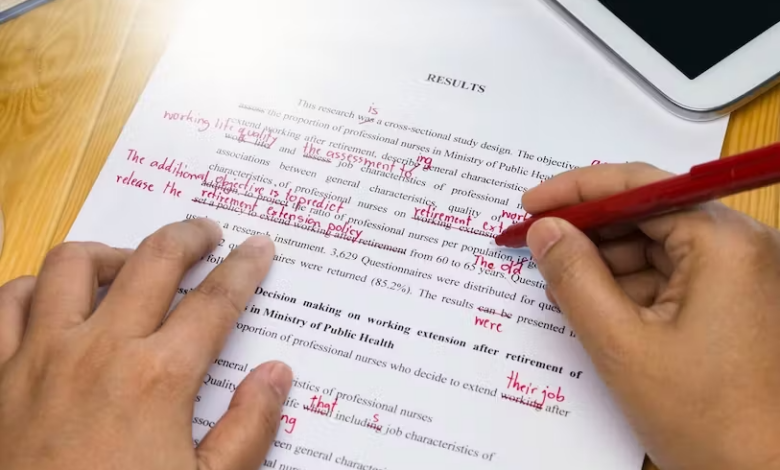?How to write academic writing

Different disciplines and subject areas have specific writing styles. This page outlines some basic elements of academic writing but you should research the writing style for your subject area too.
What is academic style?
There’s no final definition of ‘academic’ writing, but you can develop and academic style with the advice below.
Qualities that contribute to academic writing:
- Formal
- Objective
- Cautious
- Succinct
- Impersonal
Be formal – avoid common, colloquial or spoken language
Avoid casual language in your assignments such as:
- words like ‘stuff’, ’really’ and ‘things’
- phrases like ‘a bit’ and ‘sort of’
- sentence fragments and contractions including ‘isn’t’, ‘didn’t’, ‘couldn’t’, ‘wouldn’t’ and ‘it’ll’
- ‘etc.’ to stand for et cetera – it is better to say ‘for example…’
- using questions – try to structure your point as a full sentence
Be objective – stand back from others’ work and your own
There are a few key way to remains objective in your writing:
- critique your own work as well as others’
- write in an impersonal or neutral style
- avoid using ‘I’
- include and tackle material you disagree with or that challenges your work
This critical approach might not be appropriate for all assignments, but you usually need to demonstrate you’ve engaged objectively with all of your source material. This means standing back from your own ideas, perspective, assumptions and beliefs.
Be cautious – not too black and white
Academic writing is usually cautious because it discusses complex knowledge. Academic work is open-minded and enquiring – so as a student you should question arguments rather than being too certain. Beware of words like ‘should’, ‘ought’ and ‘must’, and think carefully about using words like ‘definitely’ which suggest now room for debate around a statement.
Cautious words to use in academic writing:
- possibly
- probably
- likely
- seems
- may
- could
- Be succinct – not too wordy
People reading your assignment need to understand exactly what you mean, in as few words as possible. Check that you’ve been as precise and concise as you can when you reread your work. You’ll need to actively decide what to keep and cut from your assessment to make sure you’ve included all necessary information and detail.
Be impersonal – write in an impartial style
You should use an impersonal style in your essays and reports. Avoid using ‘I’, ‘my’, ‘me’ or ‘us’. Instead of writing ‘I am surprised that …’, you could write: ‘It is surprising that …’
Exceptions to this rule include reflective writing assignments and portfolios – these reflective assignments often require you to evaluate your own experiences or attitudes so a more personal style is appropriate.







